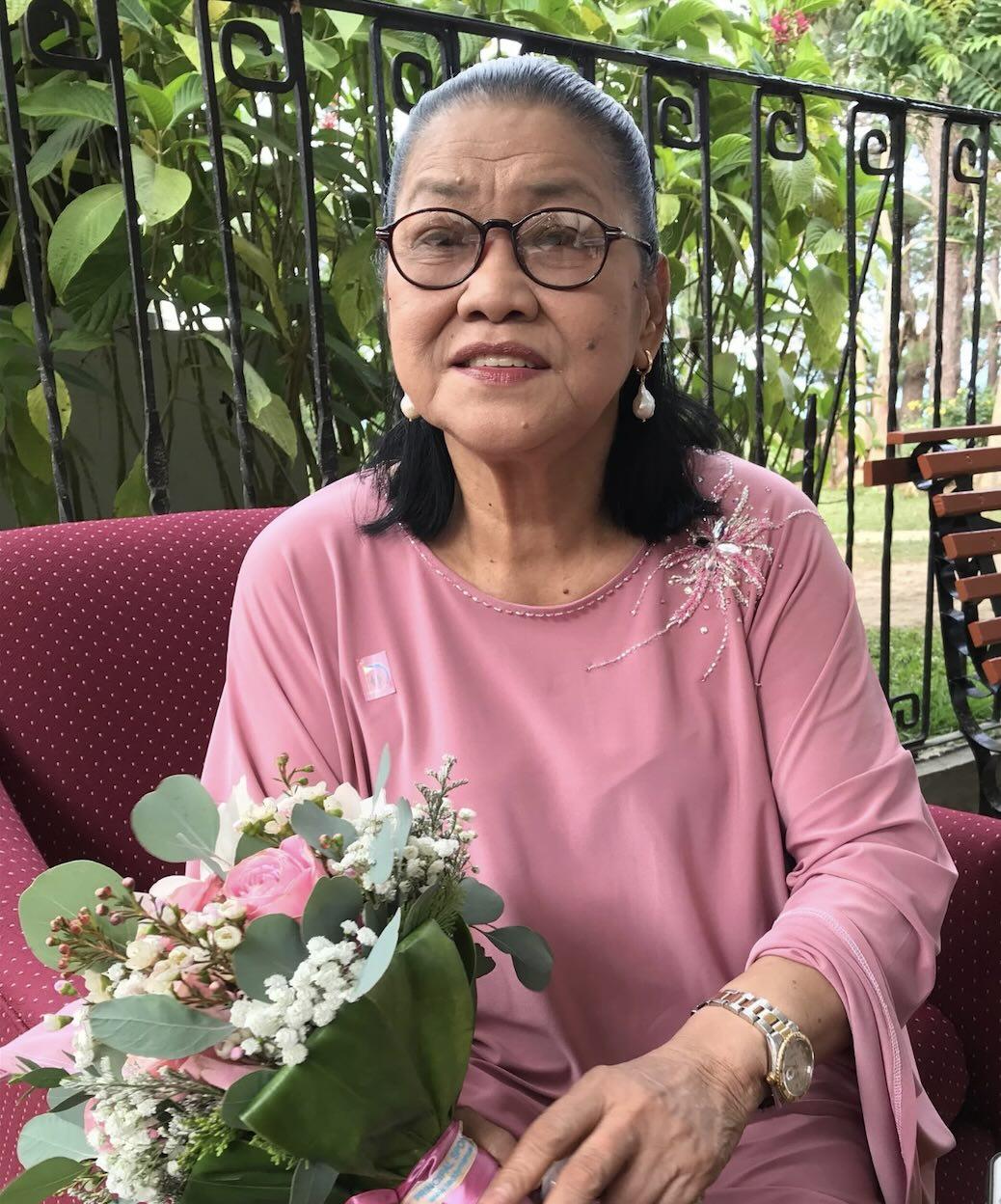Photo by Martine Girard, licensed under CC BY 2.0, via Wikimedia Commons
QUEZON CITY, Philippines — Freddie Aguilar, the trailblazing folk musician whose timeless anthem “Anak” touched millions around the world and helped define Original Pilipino Music (OPM), died on Tuesday, May 27, 2025. He was 72.
Aguilar passed away at the Philippine Heart Center due to cardiac arrest brought on by complications from kidney failure and pneumonia, according to hospital officials. His death was confirmed by Atty. George Briones, general counsel of the Partido Federal ng Pilipinas (PFP), where Aguilar had previously served as national executive vice president.
His wife, Jovie Gatdula Albao, had been providing updates during his hospitalization, expressing gratitude for the public’s continued prayers and support.
A Voice for the People
Born Ferdinand Pascual Aguilar on February 5, 1953, in Santo Tomas, Isabela, he gravitated toward music early, composing songs by the age of 14. He briefly studied engineering in Manila before leaving school to pursue music full time—first as a street performer, then as a regular on the Manila folk music circuit.
That leap of faith gave rise to one of the most powerful Filipino songs ever written. Released in 1978, “Anak” (Child) is a poignant ballad of parental love, guilt, and redemption. It became a global phenomenon, translated into 51 languages and selling more than 30 million copies worldwide. The song not only launched Aguilar to international fame but also introduced Filipino folk music to audiences far beyond the Philippines.
Protest, Patriotism, and Politics
Aguilar’s influence extended beyond music. His stirring rendition of “Bayan Ko” (My Country) became a rallying anthem during the 1986 People Power Revolution that ended the Marcos dictatorship. His songs gave voice to a generation’s longing for democracy and dignity.
In later years, Aguilar drew attention—and at times criticism—for his political stances, including his support for former President Rodrigo Duterte. While his affiliations shifted, Aguilar consistently maintained that music and politics were inseparable in a country still grappling with inequality and injustice.
A Cultural Legacy
Freddie Aguilar’s mark on OPM is unparalleled. Through songs like “Magdalena,” “Estudyante Blues,” and “Katarungan,” he chronicled the lives of the working class, the overlooked, and the betrayed—with lyrics that were unflinching, poetic, and deeply Filipino.
He earned numerous awards both locally and internationally, and was widely regarded as a cultural ambassador for the Philippines.
Aguilar is survived by his wife, Jovie, and his four children from a previous marriage—Maegan, Jonan, Isabella, and Jeriko. His daughter Maegan Aguilar followed in his footsteps as a musician.
“We have lost a national treasure,” one fan posted. “Freddie Aguilar gave us the soundtrack to our joys, regrets, awakenings, and revolutions.”
As the Philippines reflects on his life and work, Freddie Aguilar’s music will continues to echo in homes, jeepneys, and public plazas—proof that even in silence, a true artist’s voice will live on.







